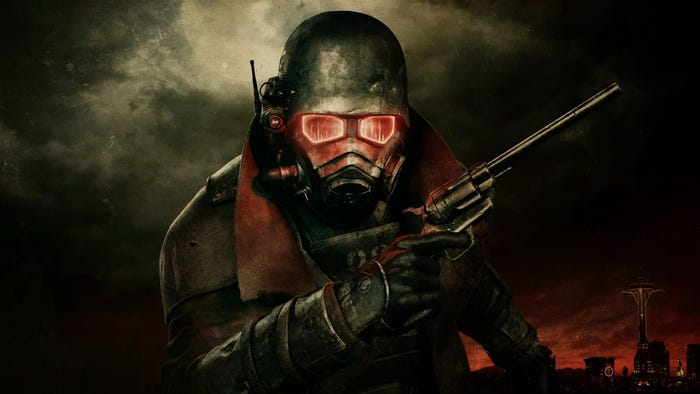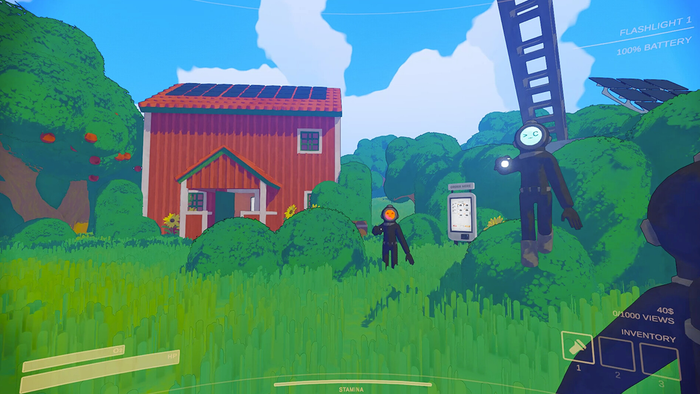Now the 11 companies targeted in SAG-AFTRA's ongoing strike on behalf of video game voice actors have put up a website that purports to explain their side of the story. There's even a handy chart.

U.S. actors guild SAG-AFTRA has called an "interactive strike" after failing to reach an agreement with 11 game companies regarding the fair treatment of video game voice actors, and now the companies targeted have put up a website that purports to explain their side of the story.
Game industry watchers may appreciate the perspective it offers on an ongoing strike the companies claim "did not have to happen." Also, they published an intriguing chart which (they claim) depicts how the negotiating process went down.
The chart details how the companies say they negotiated with the union over everything from vocal stress protection to stunt coordination. However, there are two areas of particular interest to those following this story.
You may recall that SAG-AFTRA's strike, which targets Electronic Arts, Activision, Insomniac Games, and several other notable game companies, prominently cites two key issues: a lack of secondary compensation for voice actors (think: royalty payments when games pass sales milestones) and a lack of transparency on the part of said game companies -- who will reportedly often keep voice actors in the dark about what games they're contributing to, potentially impacting the performer's ability to negotiate based on the potential success of the game.
In the aforementioned negotations chart, the companies gave ground on the transparency front but did not fully acquiesce to the union's demands, agreeing to provide the code names of projects voice actors were working on, whether or not the actors were reprising a prior role, and other additional details about the project -- but not what the game's title (if known) is.
Similarly, the companies targeted outline how they would absolutely not agree to sales-based royalty payments ("the union's first proposal for an optional 'contingent fees' structure is so onerous that no one would elect to use it," reads a press release sent by the companies) but would agree to an up-front payment bonus labeled "additional compensation." The union reportedly quibbled with the label and made a counter-suggestion regarding the payment structure -- which the companies did not quite agree to either, proposing their own slightly modified version instead.
So while the companies targeted haven't refuted SAG-AFTRA's stated strike reasons, this new website they've put together makes the case that they've come so close to satisfying SAG-AFTRA's demands that the union should allow its members to vote on the companies' proposed contract, rather than keeping the strike going.
"This structure for additional compensation is so close to what SAG-AFTRA is demanding monetarily that we believe most performers would conclude the differences are not worth striking over," reads the companies' aforementioned press release. "The difference is more about semantics – not about actual money for performers. The main difference is the terminology – what that additional money is called."
On Monday over 250 protestors showed up in front of EA's Playa Vista office to picket, and the union's chief contracts officer told Deadline that the targeted companies' efforts to paint the dispute over voice actors' secondary compensation as a difference over labels and terminology was not accurate.
"It’s important to us to see progress on the issue of secondary compensation,” he said. “In the spirit of compromise, we made it an option, but they’re taking advantage of that to make it look like we are having a dispute over terminology, when it fact our dispute is about the biggest dispute these parties have had in the 20-plus years that this contract has existed."
You can (and should) do much more reading up on both sides of the disagreement. Two good places to start would be the video game companies' aforementioned website and SAG-AFTRA's own website on the issue.
Read more about:
2016About the Author(s)
You May Also Like







